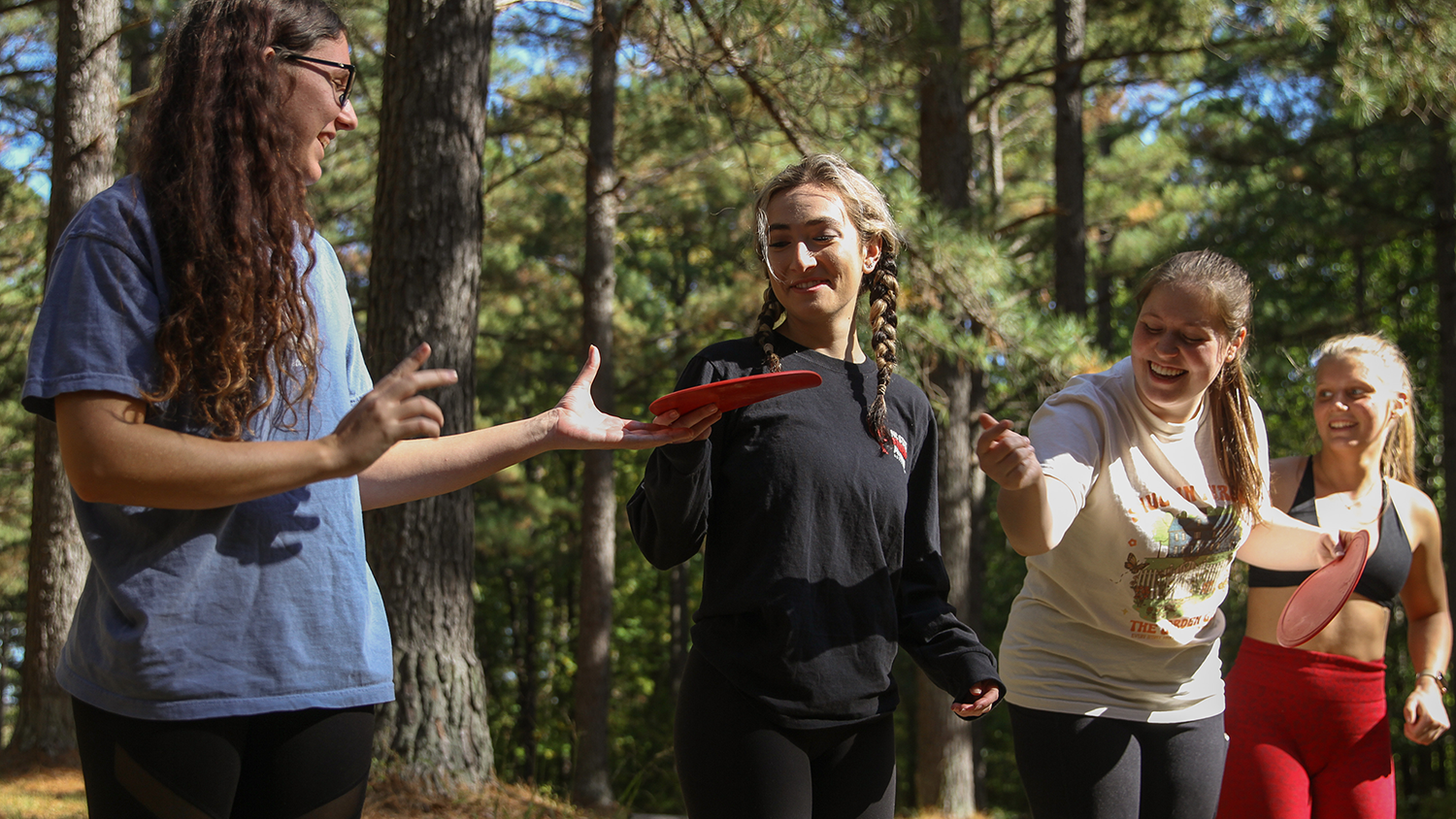As we move into the giving season, there’s no better time to reflect on gratitude. More than a buzzword, gratitude is a mental state that can lead to all sorts of positive benefits. With finals approaching, this simple practice can offer a powerful boost to finish the semester off strong.
What is gratitude?
When most people think of gratitude, they associate it with being thankful for someone or something, no matter how small. While thankfulness encompasses an important part of gratitude, it’s not the full picture. According to Positive Psychology, gratitude is both a state and a trait. It can be practiced at one time, such as being grateful for getting an extension on an assignment, or it can develop into a long-term mindset. Over time, gratitude can become more than something you do, it can be part of who you are. In addition, it affirms the good in the world, allowing you to focus on what you already have rather than what you think you want or need.
Why You Should Practice Gratitude
With so many responsibilities and stressors to balance, it can be easy to lose sight of the positives in life. Negativity bias describes a tendency to focus and dwell on adverse events. It explains why a bad grade or critique from a supervisor affects us more deeply than positive feedback. As a tool, gratitude helps to reorient your mindset to focus on the good things. Practicing gratitude over time is also tied to multiple physical and mental health benefits. Some of the benefits include the following:
- Improved sleep
- Better immunity
- Decreased stress
- Improved self-worth
Ways to Practice Gratitude
So how do you practice gratitude? Fortunately, there are several simple things you can do to foster an attitude of gratitude.
Enjoy The Moment: One gratitude-promoting practice is mindfulness. Mindfulness describes the ability to be fully present and aware of who we are and what we’re doing. If you ever find yourself feeling stressed or overwhelmed, taking a moment to tune into your surroundings can be a great way to manage your feelings. NC State’s campus greenway trails provide a relaxing environment where you can do this. As you walk, notice and appreciate what you see and feel, such as the color of the leaves or the cool breeze on your skin. By honing in on the here and now, you can learn to find positivity in the smallest details.
Write It Down: Writing allows us to organize what is going on in our lives. Developing a habit of putting your thoughts to paper promotes clarity, focus and motivation. Keeping a gratitude journal can serve as a powerful reminder of the good things we have. Find time within your busy schedule to take a moment to pause, reflect and write what you’re grateful for.
Research shows that gratitude can strengthen relationships. To build even tighter connections with those you care about, consider writing them a letter. Describe how you feel about them and why you are grateful to have them in your life. It helps to be detailed, going in depth about what your specific relationship means to you. For different templates you can use to get your letter started, click here.
A Word of Caution
While having a mindset of gratitude is beneficial to our well-being, it has the potential to be the opposite. Toxic positivity describes the belief that we should always be positive no matter how bad our circumstances get. Rather than helping us, rejecting all negative emotions may harm our health and well-being in the long run. When we solely focus on the positive, we lose the ability to healthily cope with what we’re facing. With this in mind, gratitude should never be used to suppress or ignore negative feelings. To avoid this detrimental habit, remind yourself that it’s ok not to be ok and try to be realistic about your emotions.
Navigating difficult feelings and experiences can be challenging. If you ever find yourself in need of additional support, NC State offers several mental health and well-being resources. From individual therapy to Pack Essentials, discover your support options here.
No matter how busy or troubling our lives get, there is always something to be grateful for. As we enter the final stretch of the semester, take some time to reflect on all the hard work you have put in to make it this far. Show yourself some gratitude because you deserve it.
- Categories:



